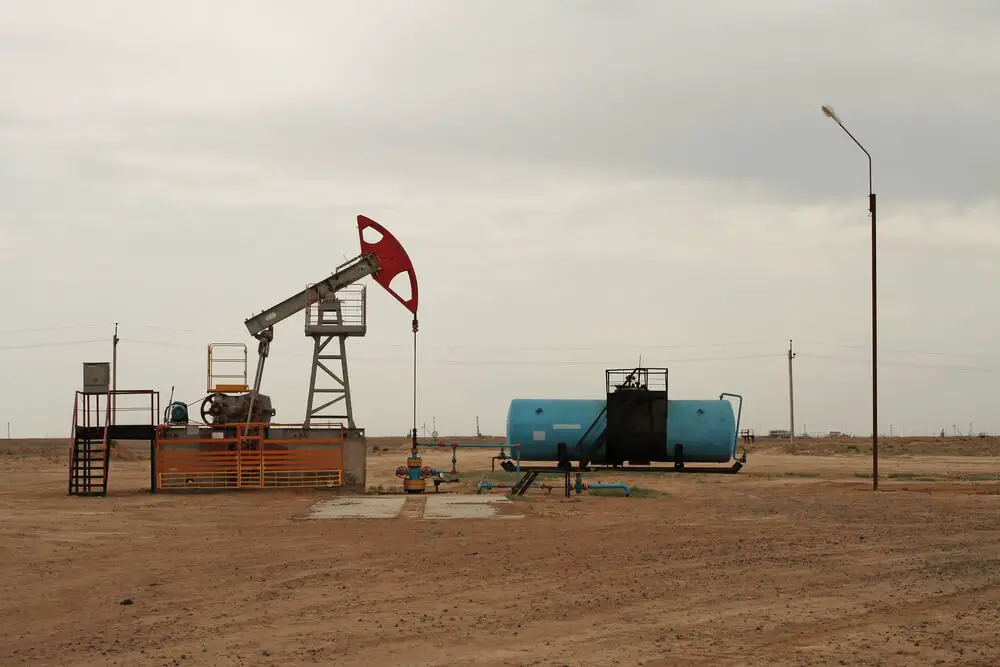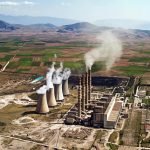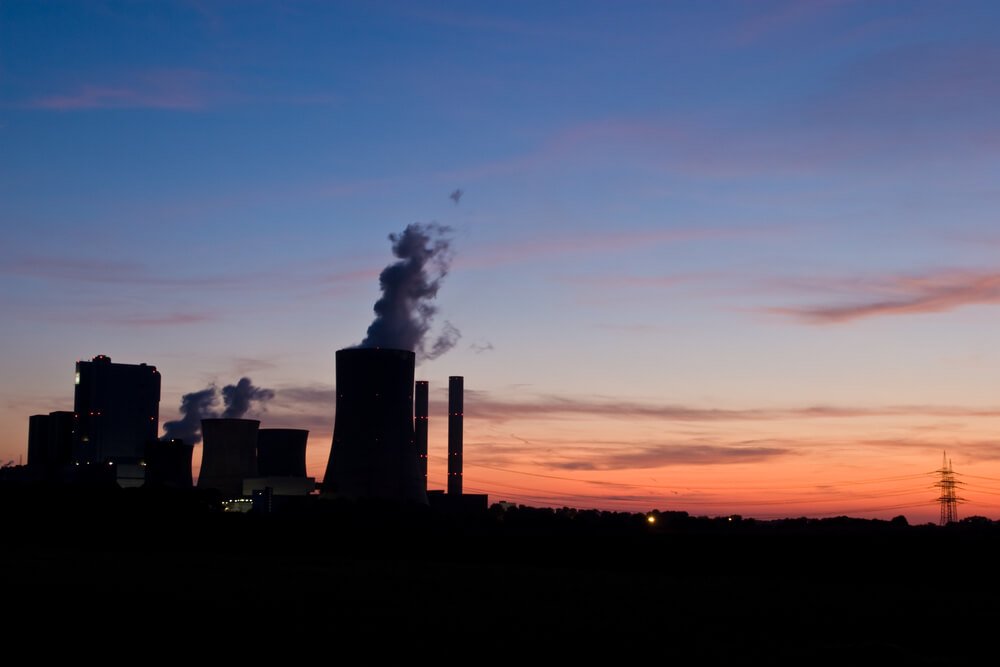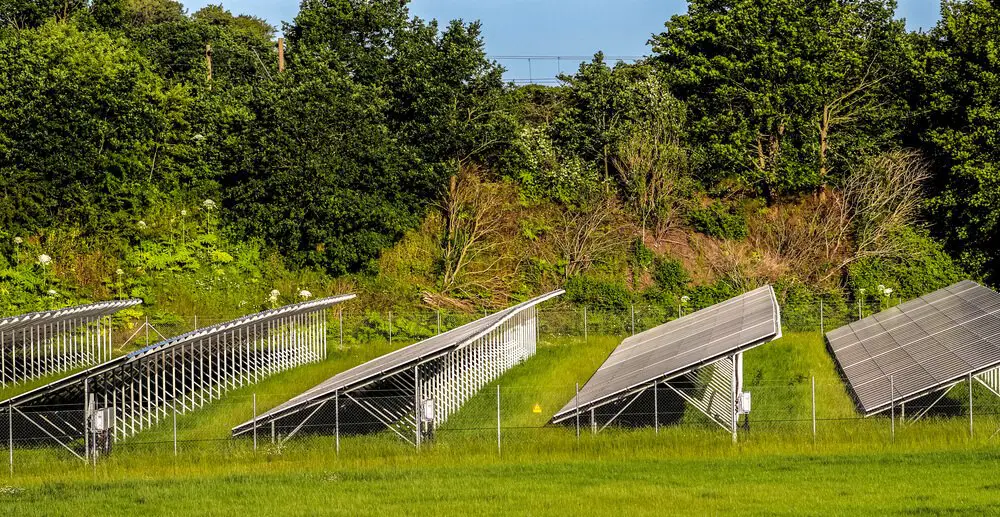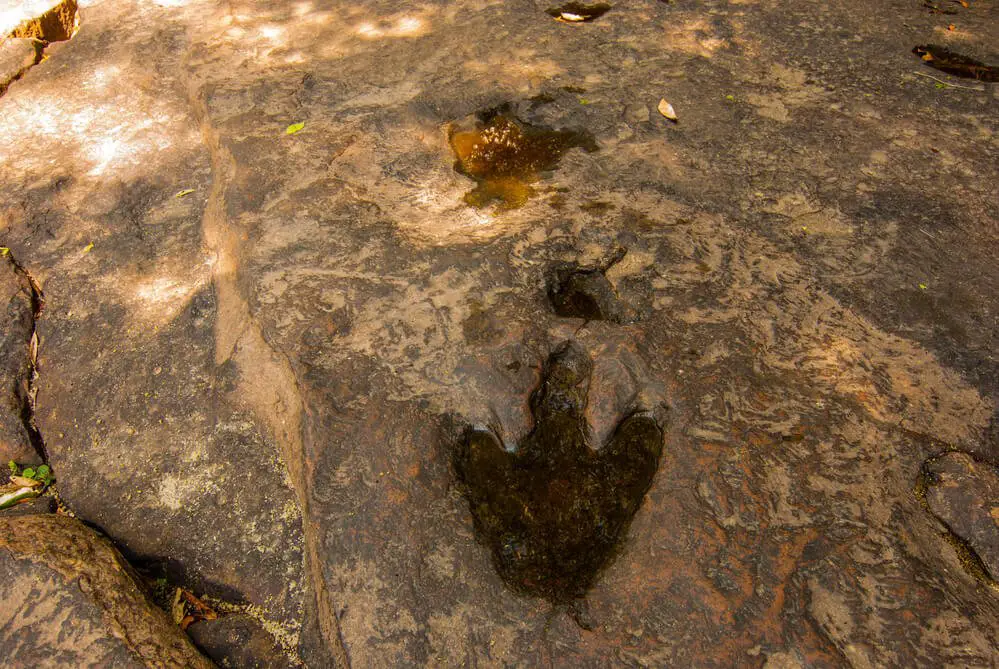Fossil fuels still help us to generate energy. But most people still wonder if fossil fuels are a carbon sink.
Are you one of them? In this article, you are about to find everything you need to know about fossil fuels.
Conserving our environment has become more important than ever. We are trying to move away from any source of energy that can harm our environment.
That includes fossil fuels as well.
Fossil fuels are a good example of carbon. You can find them on limestone and similar carbonate rocks.
The storing process of fossil fuels may take millions of years. That’s why replacing them with renewable energy is crucial.
So how do fossil fuels pollute our environment? When you burn fossil fuels, they will release carbon back into the atmosphere.
Each day when you burn them, they cause irreversible damage. That’s how bad they are.
Quick facts:
- In the third quarter of 2019, at least 39% of UK electricity generation was from coal, oil, and gas.
- At least 84% of the world’s energy consumption comes from fossil fuels.
- Oil accounts for 33.05% of the energy consumption.
- Only 40% of the energy that we use comes from renewables. This includes 20% from wind, 12% from biomass, and 6% from solar.
- 81% of the total energy used in the United States comes from coal, oil, and other fossil fuels.
What does fossil fuel contain?
All fossil fuels contain high percentages of carbon. This includes petroleum, coal, and natural gas.
Some of the derivatives that you can find in fossil fuels include kerosene and propane.
Fossil fuels are not the same, though. They range from volatile materials with low carbon-to-hydrogen ratios to liquids. And nonvolatile materials such as anthracite coal.
Most of the electricity that we use today comes from burning fossil fuels, natural gas, and coal. Yet, that doesn’t mean the volume of electricity generated by coal remains the same. It changes each year.
What are fossil fuels?
A fossil fuel could be anything that has natural fuel, such as coal or gas. They come from geological resources like the anaerobic decomposition of buried dead organisms.
We use fossil fuels to heat and provide electricity for homes and businesses.
But they are not the only source of energy. We can still generate sustainable energy from the wind, sun, and other natural sources.
Are fossil fuels renewable?
One of the biggest disadvantages of fossil fuels is that they are not renewable. This means we have to do the following:
- We have to wait for years for new coal or oil to form. This may mean waiting for millions of years. We don’t have that time.
- Fossil fuels pollute our environment. They contribute to three-fourths of the emissions that harm our environment.
- Fossil fuels cost a lot to reproduce.
What is a carbon sink?
There are many ways of defining carbon sinks. The simplest way is, it is anything that absorbs more carbon from the atmosphere than it releases.
Examples of carbon sinks include plants, the ocean, and soil. When we burn fossil fuels, they will release more carbon into the atmosphere than it absorbs.
Is carbon important to us?
Yes, without carbon, there won’t be any life on this planet. But how it forms is complex for many people.
Let’s explain it: Carbon forms complex molecules like proteins and DNA. You can find them in our atmosphere in the form of carbon dioxide (CO2).
Without carbon regulation, the Earth’s temperature becomes nonexistent. Also, we won’t be able to grow food for ourselves and other species living on this planet.
Does fossil fuels contain carbon?
Yes! All fossil fuels contain high percentages of carbon. That’s what makes them harmful to our environment.
Examples of fossil fuels with a higher percentage of carbon include coal and oil.
Can the use of fossil fuels cause damage to our environment?
If there is one thing we should all be we should be aware of is fossil fuel damages our environment.
We can’t downplay climate change anymore. Climate change is real, and we see its effects more now than before.
- There are 15 extreme weather events caused by climate change.
- We spent more than $1 billion in damage each because of climate change.
- Fossil fuels contribute to climate change. Although, they are hard 5o replace.
Can renewable energy replace fossil fuels?
Yes, renewable energy can replace fossil fuels. To solve the issue of climate change, we must start asking ourselves questions.
First, can we survive without a fossil fuel system? Then we can produce energy from fossil fuels without harming our environment.
If both questions are no, then we need to find an alternative.
Although the world depends on fossil fuels, we can replace them. And our only hope is renewable energy. That may take us years, but it is the only way to save our planet.
What are the sources of carbon sinks?
There are many sources of carbon sinks; carbonate rocks are one of them.
They are the major sources of C in the lithosphere. The quantity of which they contain is by far the greatest reservoir of C on this planet.
